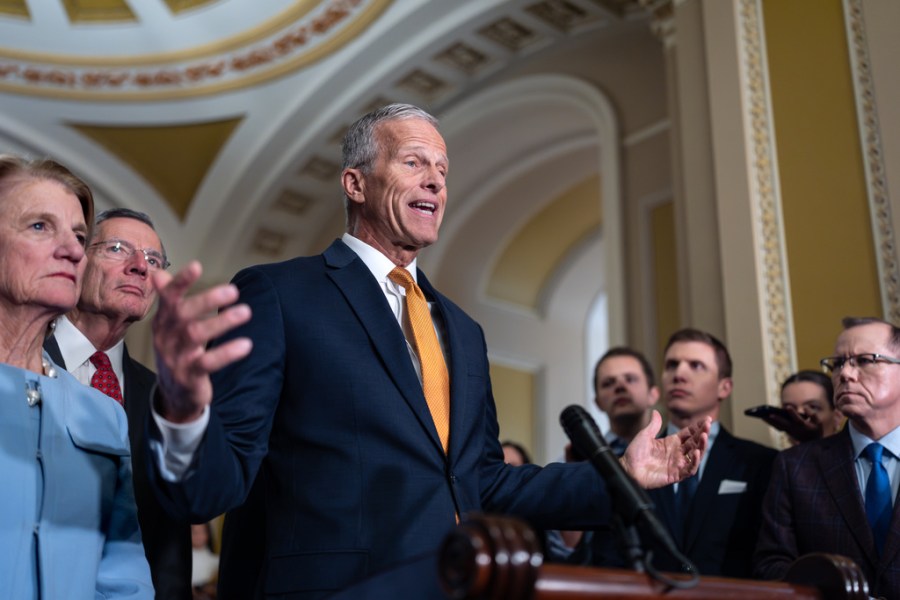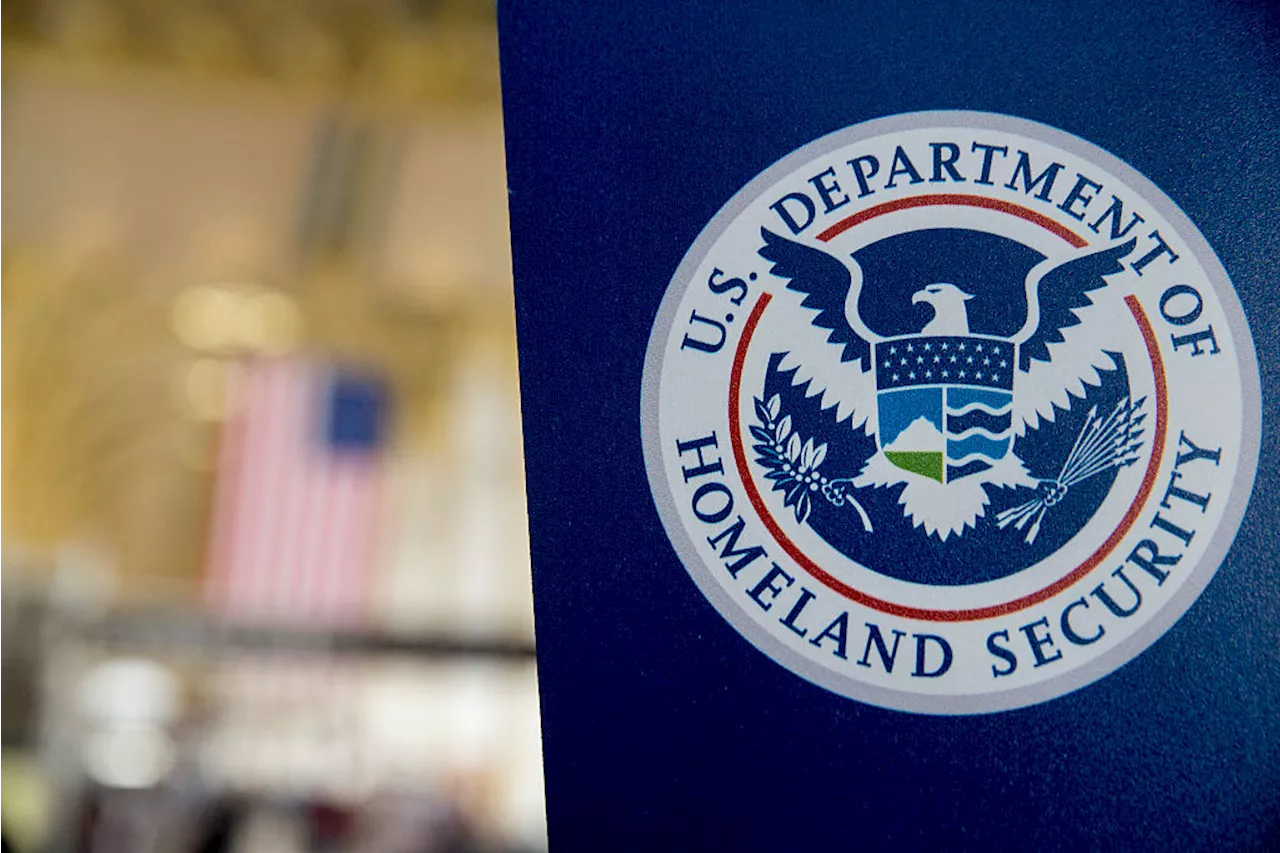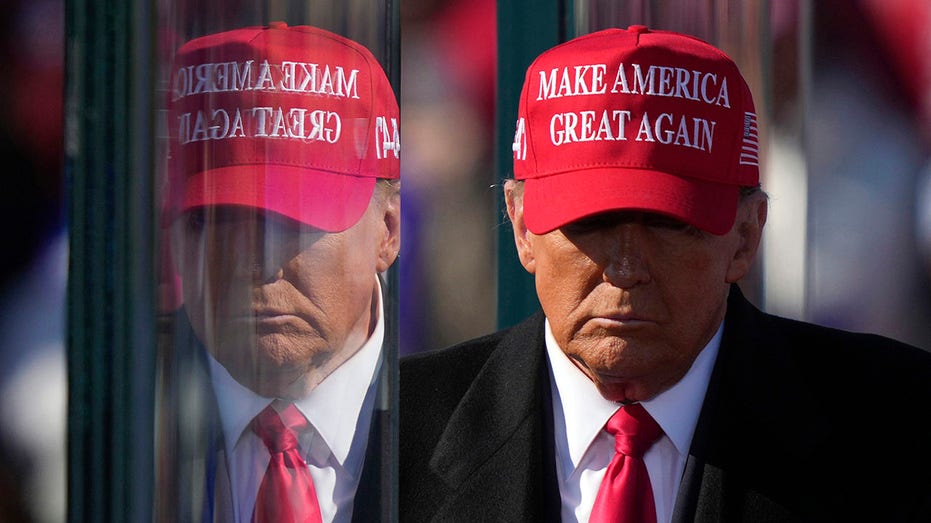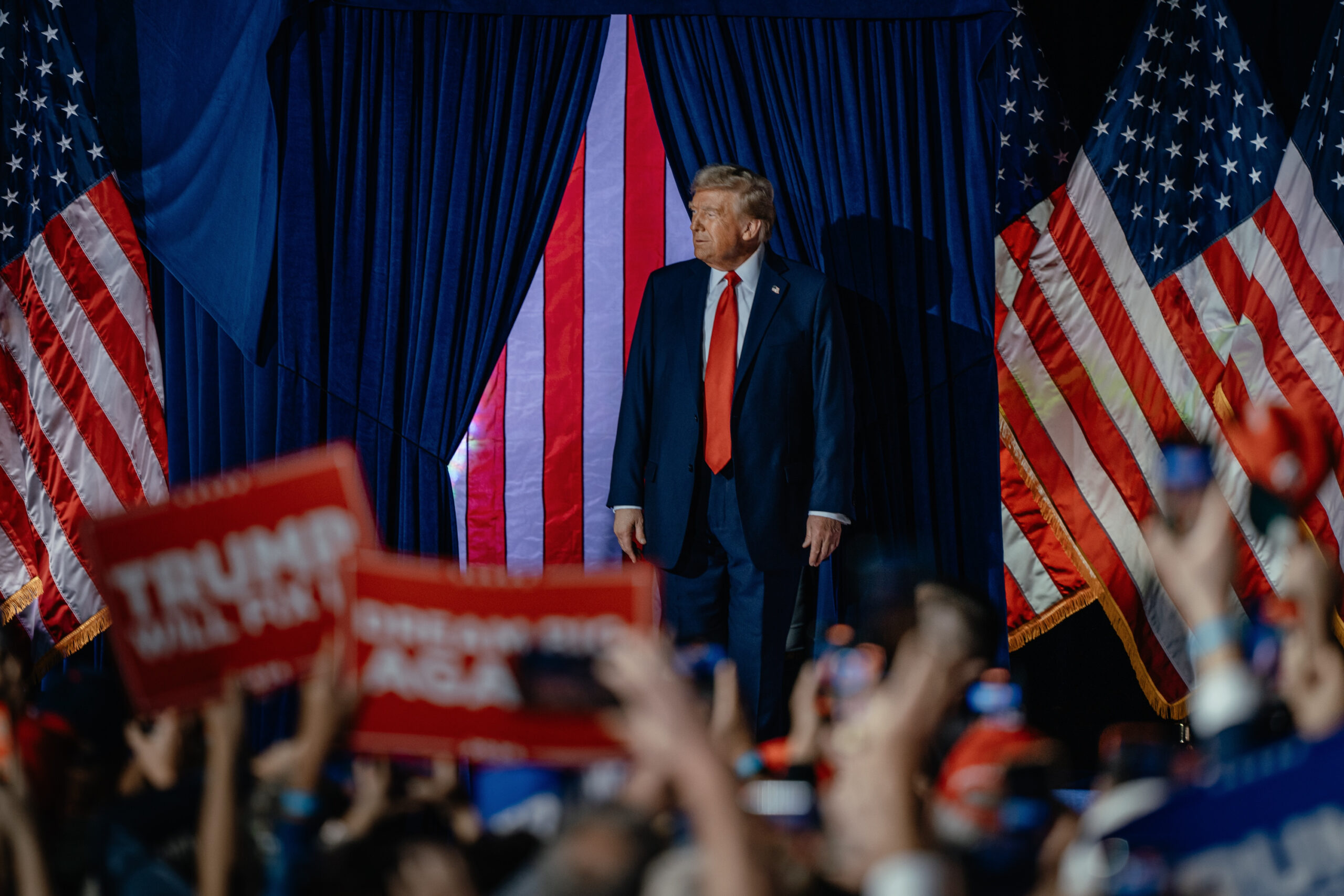The ongoing debate over the Senate filibuster has intensified, with numerous lawmakers advocating for its elimination. Critics argue that the filibuster is a significant barrier to passing essential legislation, which undermines the effectiveness of the United States Congress. The growing frustration among legislators suggests that reliance on executive orders may become more frequent if substantial reforms are not enacted.
The Senate filibuster, a procedural tactic that requires a supermajority of 60 votes to close debate on most legislation, has been a contentious topic for years. Advocates for its removal contend that it obstructs the legislative process, preventing bills that reflect the will of the majority from advancing. Proponents of reform highlight the urgent need for legislative action on pressing issues such as healthcare, climate change, and voting rights.
Calls for Legislative Reform
In recent months, various political figures have voiced their concerns about the current state of governance. According to Senator Chuck Schumer, the Democratic leader in the Senate, “We need to ensure that the voices of the American people are heard.” He emphasized that the filibuster has become a tool for obstruction rather than a mechanism for debate.
Supporters of the filibuster argue that it serves as a safeguard against hasty decision-making and encourages bipartisan cooperation. However, critics maintain that the current political climate requires a more agile legislative framework. The inability to pass critical legislation has led to increased reliance on executive orders, which some view as an inefficient and undemocratic approach to governance.
Potential Impacts on Governance
The implications of a possible filibuster elimination could be far-reaching. If the Senate were to abolish this rule, it could facilitate the passage of significant reforms that have stalled in recent years. Legislative priorities such as comprehensive immigration reform and infrastructure investment could gain traction.
Recent polling data indicates that a significant portion of the American public supports reforming or abolishing the filibuster. A survey conducted by the Pew Research Center found that over 60% of respondents believe the current legislative process needs improvement. This public sentiment may pressure lawmakers to reconsider their stances on the filibuster.
While discussions around the filibuster continue, bipartisan support for reform may be necessary to achieve any meaningful changes. Some Republican lawmakers have expressed openness to discussions about legislative efficiency, although significant divisions remain.
The future of the Senate filibuster remains uncertain as discussions evolve. As lawmakers weigh the merits and drawbacks of this longstanding procedural tactic, the outcome could reshape the legislative landscape in the United States. The growing demand for accountability and responsiveness in governance underscores the urgency of addressing the filibuster’s role in the Senate.







